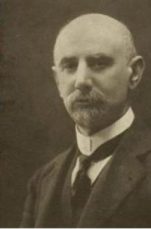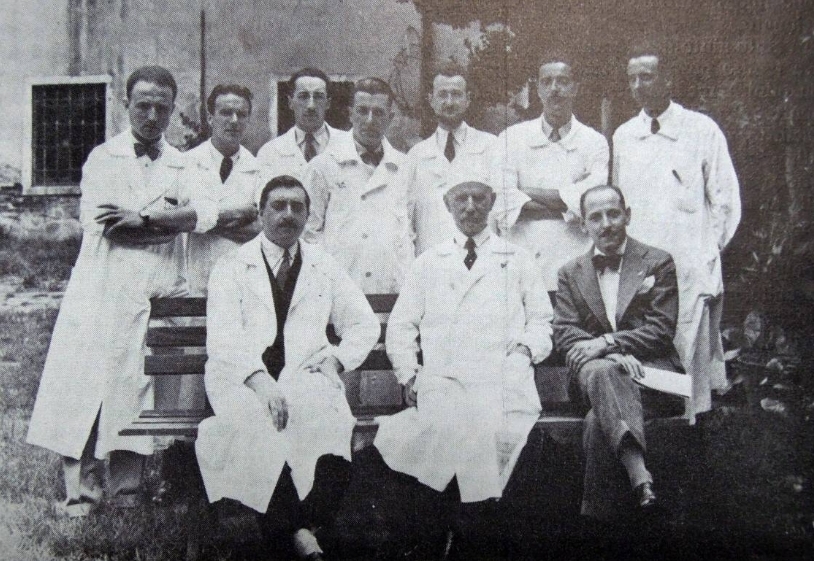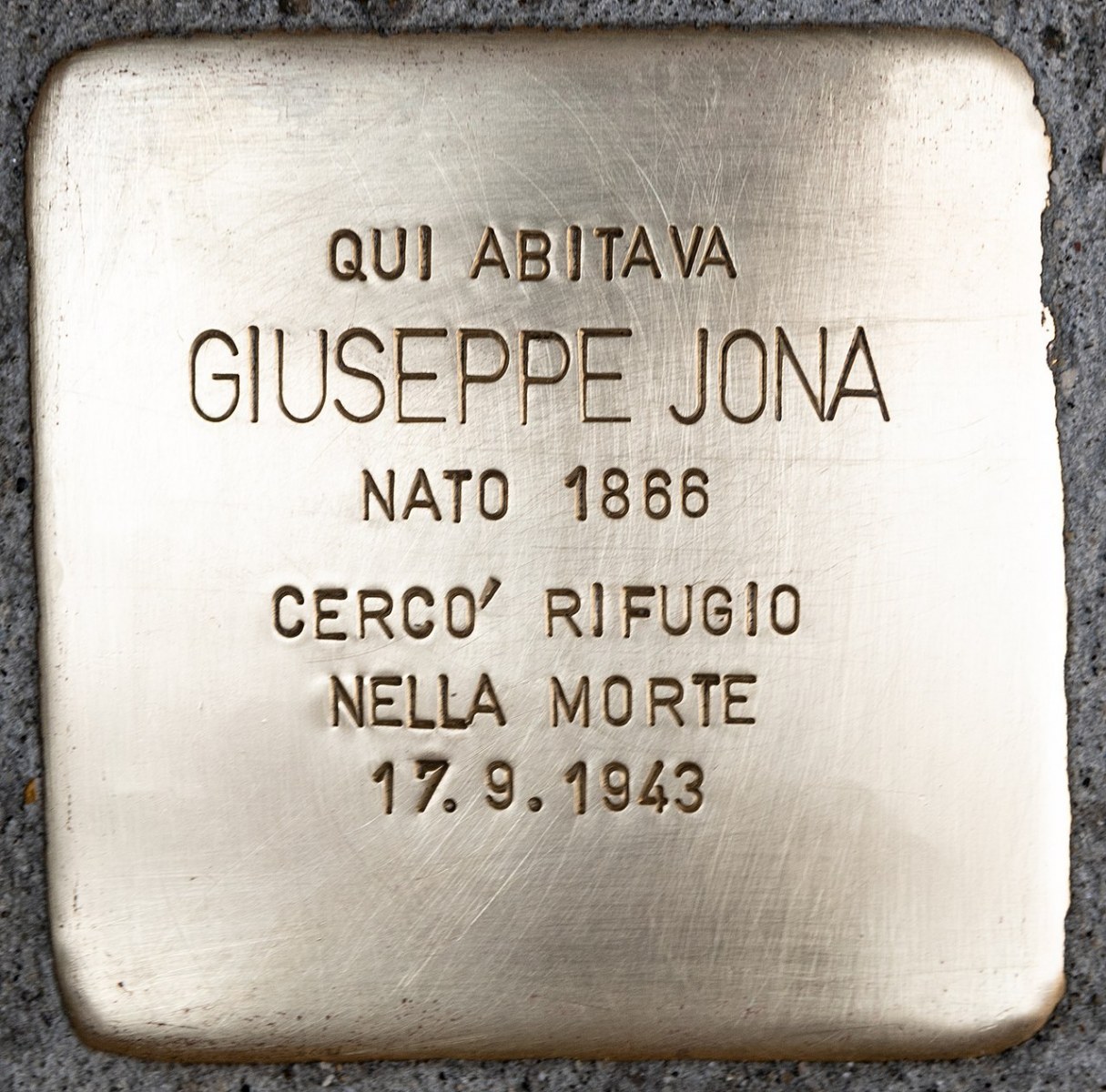
Giuseppe Jona was born in 1866 to a Jewish family, and was the fourth of five brothers. He studied at Marco Foscarini High School and, after graduating in medicine in Padua, he became an assistant in pathological anatomy. For over 40 years he practiced as a doctor in the Civil Hospital of Venice.
He was secular and positivist, dedicating himself to the training of young people in the “Practical School of Medicine and Surgery”, founded in 1863 at the Civil Hospital. During World War I, he worked as a major auxiliary physician and earned the mention of an “enthusiastic patriot of unwavering faith”.
Convinced that philanthropy was a necessary commitment to try to rebalance social inequalities beyond differences of belief, he exercised it above all by identifying the needy in hospitals that he aided with his sister Pauline.
Unlike other attending doctors of the time, he sought contact with people in particular with the most unfortunate for whom he also ran a free clinic. For this he obtained the title of “doctor of the poor” from a Venice that esteemed and was grateful to him.

He retired in 1936 for his age, thus avoiding being kicked out of the hospital following the Racial Laws of 1938. However, he lost his professorship and was disbarred by the Veneto Institute of Sciences, Letters and Arts and the University of Veneto, of which he was a member. In 1940, he was also removed from the Register of Physicians like his fellow Jews robbed of their professions.
That same year, although he was not a practitioner or even a believer, Rabbi Adolfo Ottolenghi and the Council of the Israelite Community asked him to assume the presidency, considering him an authoritative and esteemed representative. Jona agreed and in his inauguration speech he predicted that the situation for the Jewish community would worsen further. However, he did not back down, and was committed to organising school for children and defending the community from attacks by the press and Fascists.
After September 8, 1943 he chose to stay in Venice as a point of reference for those who did not want or could not escape. Faced with a request from the German authorities to hand over an up-to-date list of Jews remaining in the city and fearing that they might force him to cooperate, On 14 September Jona wrote his will, leaving much of his assets to social and charitable works.
On September 16, 1943, in the Ghetto of Venice, Rabbi Adolfo Ottolenghi was celebrating his wedding when news broke that Giuseppe Jona had committed suicide. Those present realise with anguish the rapidity with which conditions were worsening for the Jews. The two newlyweds, alarmed, did not return home and spent the night at the Hotel Rialto as tourists. The next day they took the road to Switzerland. Like them, many Jews ran away.
On January 31, 2020, a stumbling stone dedicated to Giuseppe Jona was laid. Two commemorative tombstones are dedicated to him, one in new Ghetto and another at the entrance of the pavilion dedicated to him at the Civil Hospital of Venice.
